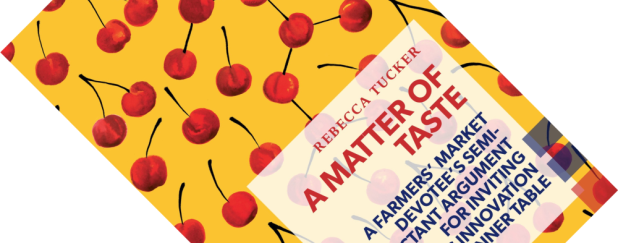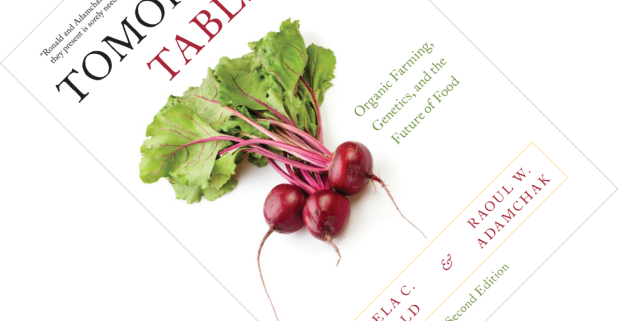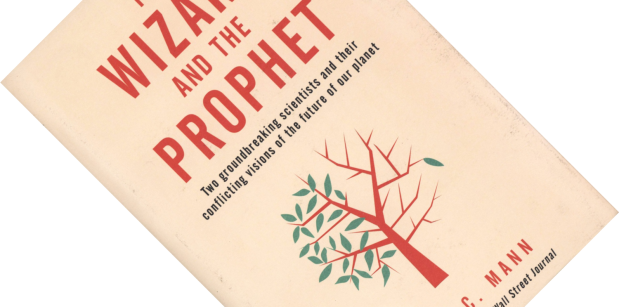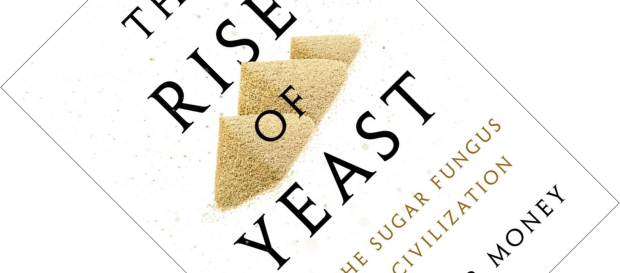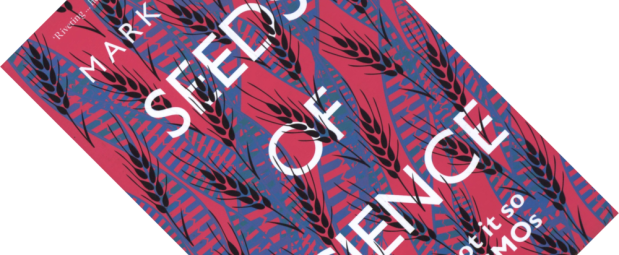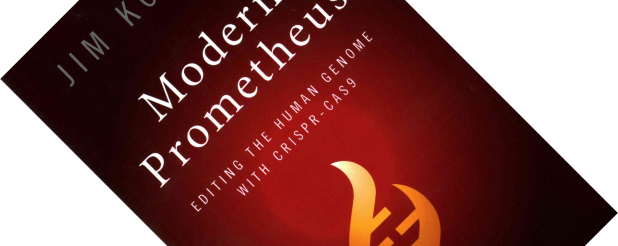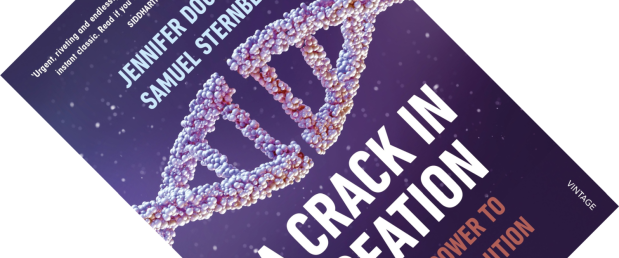Food and food production have become incredibly divisive topics. Industrialised agriculture exacts a heavy toll on our environment and a lot of the cheap, processed convenience food on supermarket shelves is not what you would call nutritious. But Toronto-based writer and journalist Rebecca Tucker is troubled by the response. A hazy conglomerate of “good food”, encompassing trendy phenomena such as farmers’ markets, locavorism, organic produce, and whole foods is being pushed as the only pathway to sustainable salvation. In this short book, she pulls no punches and roundly criticises the guilt-tripping, moralising, fanatical side of the foodie movement, while also exploring some alternatives. And it’s about time, because, as she shows, feeling good is not the same as doing good.
biotechnology
Book review – Tomorrow’s Table: Organic Farming, Genetics, and the Future of Food (Second Edition)
Aaah, GMOs. Was there ever a topic comparable to genetically modified organisms that riled people on either side of the debate this much? Written by an organic farmer and plant geneticist, Tomorrow’s Table is a marvellous work that walks the middle road, asking: Why should we not combine the best that organic farming and genetic engineering have to offer? Along the way, it exposes the often illogical, contradictory and, frankly, infuriating attitudes and opinions of the anti-GMO movement, politely smothering them with facts, while also teaching the technology cheerleaders a lesson or two. I love this book.
Book review – Pseudoscience: The Conspiracy Against Science
Fake news, alternative facts, misinformation. These buzzwords have been making headlines all too regularly in the last few years. Who to trust and how to tell apart well-executed science from bunk has become increasingly challenging amidst the information overload of our internet era. The edited collection Pseudoscience: The Conspiracy Against Science brings together 22 contributions that examine the problem of pseudoscience from a variety of perspectives. The unbelievable things people believe in may be easy to mock, but, as this book makes clear, they are no laughing matter.
Book review – The Wizard and the Prophet: Two Remarkable Scientists and Their Conflicting Visions of the Future of Our Planet
If I asked you to propose solutions to some of the world’s problems and future challenges, things such as overpopulation, food production, hunger, soil erosion, resource depletion, energy production etc., what ideas would you put forth? Most likely, your proposals would build on the intellectual legacy of two men you have never heard of. Allow American journalist and writer Charles C. Mann to introduce you to ecologist William Vogt, father of the environmental movement, and Nobel-Peace-Prize-winning plant breeder Norman Borlaug, instigator of the agricultural Green Revolution.
Book review – The Rise of Yeast: How the Sugar Fungus Shaped Civilisation
From the Giza-pyramid-complex-shaped mountains of dried yeast, to the visual joke on the spine (I see what you did there), The Rise of Yeast is an amusing read about fungus. In case you find that hard to believe, Nicholas P. Money, mycologist and professor of Botany, has been waxing lyrically about micro-organisms for years. Here, he highlights the humble yeast and how it has shaped human history. For without yeast there would be neither bread nor booze.
Book review – Seeds of Science: Why We Got It So Wrong On GMOs
As a biologist, the opposition to genetically modified organisms (GMOs) both baffles and vexes me. Spurious claims are being bandied about by people and organisations who seemingly haven’t a clue about genetics, and there has been a long-running campaign of fearmongering by large conservation bodies, notably Greenpeace. Like the “debate” around climate change or creationism, the dialogue has become toxic and polarised, and anyone who does not oppose is likely to be called a “Monsanto shill”. As this is first and foremost a book review though, I will try to keep my personal views on this issue aside for another time. This book, then, has a very interesting premise. A book arguing why we got it wrong on GMOs, written by a former anti-GMO activist.
Book review – Modern Prometheus: Editing the Human Genome with CRISPR-Cas9
After recently reading Doudna & Sternberg’s book A Crack in Creation, this book was the next one I wanted to read to learn more about CRISPR-Cas9, the new technique to edit genetic material that has been taking the world by storm. As it turns out, it was the right order to read the books in. If you have not heard of CRISPR before, I recommend you have a look at my review of Doudna’s book first.
Book review – A Crack in Creation: The New Power to Control Evolution
If you follow science news, chances are you will have heard of CRISPR as a promising new way to modify DNA. It has been hailed as a breakthrough discovery. I knew little about it, and seeing that this book is written by one of the co-inventors, it seemed like a good place to start reading about it.
Book review – Rise of the Necrofauna: The Science, Ethics, and Risks of De-Extinction
How to Clone a Mammoth, Resurrection Science, Bring Back the King, and now Rise of the Necrofauna. There has been no shortage in recent years on books written for a general audience that talk about de-extinction: the controversial idea of resurrecting extinct species using recent advances in biotechnology. Futurist Alex Steffen catchily refers to them as the necrofauna mentioned in the book’s title. Rather than focusing on the technical side of things, radio broadcaster and writer Britt Wray here foremost discusses the ethical, legal and other questions this idea raises. And once you start thinking about it in earnest, it raises many thorny issues. No wonder it has been a controversial issue.

